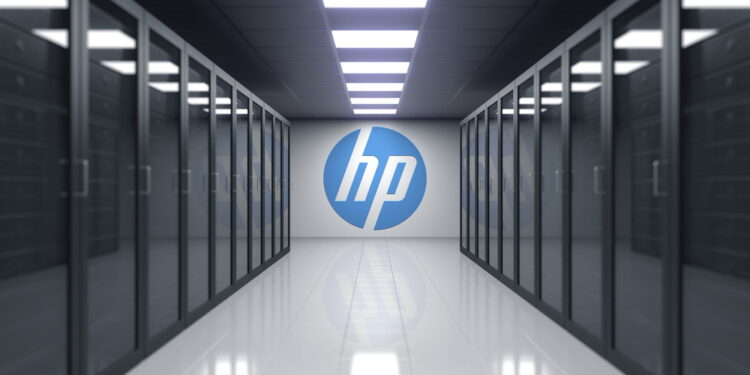HP Inc. (NYSE: HPQ) has drawn strong investor attention after announcing a strategic artificial intelligence manufacturing partnership with SAMI Advanced Electronics in Saudi Arabia. The news triggered a sharp, single-day gain of about 6.24% to 6.94% in HP’s share price, according to market data cited in the article, signaling renewed confidence in the company’s AI strategy and long-term growth plans.
At the heart of the deal is a plan to build a major AI-focused production hub in Saudi Arabia, aimed at manufacturing millions of AI-enabled computers for enterprise customers by 2030, according to information presented in the article. By pairing HP’s PC and AI expertise with SAMI Advanced Electronics’ regional manufacturing capabilities, the agreement is designed to position HP as a key hardware provider in fast-growing Middle Eastern and global AI markets.
This announcement caps a year of AI-focused moves by HP. Earlier in 2025, the company acquired AI capabilities from Humane to support a new generation of AI devices and joined forces with Reincubate to enhance video and conferencing performance through Neural Processing Units in its next wave of AI PCs, according to the article. HP also used its Amplify 2025 Conference to showcase an expanded lineup of AI-powered PCs and services, underlining a broad pivot toward integrating AI into its entire portfolio.
The immediate market reaction highlights clear winners. HP stands to benefit from new regional demand, greater control over AI hardware production, and an enhanced reputation as an AI hardware leader. SAMI Advanced Electronics gains access to advanced AI technologies and higher strategic importance as a regional manufacturing partner. Suppliers of AI components—such as chip and NPU makers and AI software providers—are also likely to see increased demand as large-scale AI PC production ramps up, according to the article.
On the other hand, PC manufacturers and technology firms that have been slower to embrace AI risk losing ground. Companies without clear AI roadmaps, robust R&D, or strong regional partnerships may face shrinking market share, intensifying competitive pressure, and potential industry consolidation. Firms locked into distant or rigid supply chains could be at a particular disadvantage as regional manufacturing hubs grow in importance.
Broader implications for the global AI market and supply chains
The partnership also has broader implications for the global AI boom. The article notes that worldwide AI investment in 2025 is estimated in the range of about 200 billion to 280 billion US dollars, with some projections suggesting more than 364 billion US dollars could be directed to AI infrastructure alone, according to the data cited. The overall AI market is projected to reach roughly 391 billion US dollars in 2025, while generative AI startups attracted around 67 billion US dollars in funding that year, according to the same article. HP’s move fits squarely into this hypergrowth
phase, showing how large technology companies are racing to capture value from AI at scale.
Establishing manufacturing in Saudi Arabia also reflects wider geopolitical and economic trends. Governments and corporations are seeking more resilient, diversified supply chains and greater regional technological self-sufficiency. As AI becomes embedded in critical infrastructure and enterprise systems, policymakers are expected to tighten rules around data privacy, cybersecurity, and responsible AI, creating both compliance challenges and new business opportunities, according to the article’s analysis.









